-
 Bitcoin
Bitcoin $117500
2.15% -
 Ethereum
Ethereum $3911
6.19% -
 XRP
XRP $3.316
10.79% -
 Tether USDt
Tether USDt $1.000
0.01% -
 BNB
BNB $787.2
2.24% -
 Solana
Solana $175.2
4.15% -
 USDC
USDC $0.9999
0.00% -
 Dogecoin
Dogecoin $0.2225
8.40% -
 TRON
TRON $0.3383
0.28% -
 Cardano
Cardano $0.7868
6.02% -
 Stellar
Stellar $0.4382
9.34% -
 Hyperliquid
Hyperliquid $40.92
7.56% -
 Sui
Sui $3.764
7.63% -
 Chainlink
Chainlink $18.48
10.66% -
 Bitcoin Cash
Bitcoin Cash $582.1
1.88% -
 Hedera
Hedera $0.2601
6.30% -
 Avalanche
Avalanche $23.33
4.94% -
 Ethena USDe
Ethena USDe $1.001
0.02% -
 Litecoin
Litecoin $122.3
2.04% -
 UNUS SED LEO
UNUS SED LEO $8.969
-0.27% -
 Toncoin
Toncoin $3.339
0.86% -
 Shiba Inu
Shiba Inu $0.00001287
4.30% -
 Uniswap
Uniswap $10.43
7.38% -
 Polkadot
Polkadot $3.861
5.08% -
 Dai
Dai $1.000
0.02% -
 Bitget Token
Bitget Token $4.513
3.41% -
 Monero
Monero $267.7
-6.18% -
 Cronos
Cronos $0.1499
4.14% -
 Pepe
Pepe $0.00001110
5.15% -
 Aave
Aave $284.9
8.28%
What is the difference between OKX's coin-to-coin trading and leveraged trading?
OKX offers coin-to-coin trading for direct crypto swaps and leveraged trading for amplified positions, each with unique risks and benefits for traders.
Apr 19, 2025 at 06:22 am
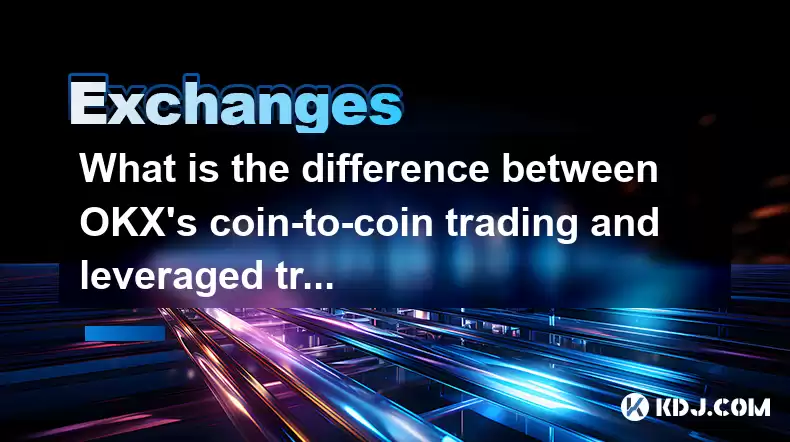
OKX, one of the leading cryptocurrency exchanges, offers various trading options to its users, including coin-to-coin trading and leveraged trading. Understanding the differences between these two types of trading is crucial for any trader looking to maximize their potential on the platform. This article will delve into the specifics of both trading methods, highlighting their unique features, risks, and benefits.
Understanding Coin-to-Coin Trading on OKX
Coin-to-coin trading on OKX refers to the process of trading one cryptocurrency directly for another without involving fiat currency. This type of trading is fundamental to the cryptocurrency ecosystem and is often used for portfolio diversification, trading between different cryptocurrencies, and taking advantage of market movements.
In coin-to-coin trading, you exchange one digital asset for another at the current market rate. For example, you might trade Bitcoin (BTC) for Ethereum (ETH). This process is straightforward and does not involve any borrowing or lending of assets, making it a less risky option compared to leveraged trading.
To engage in coin-to-coin trading on OKX, follow these steps:
- Log into your OKX account and navigate to the trading section.
- Select the trading pair you wish to trade, such as BTC/ETH.
- Enter the amount of the cryptocurrency you want to trade and review the order details.
- Confirm the trade and wait for the transaction to be processed.
Coin-to-coin trading is suitable for traders who prefer a more conservative approach and want to avoid the complexities and risks associated with leverage.
Exploring Leveraged Trading on OKX
Leveraged trading on OKX allows traders to borrow funds to increase their trading position beyond what they could achieve with their own capital. This type of trading can amplify both potential profits and losses, making it a high-risk, high-reward strategy.
In leveraged trading, you can use leverage ratios such as 2x, 5x, or even 100x, depending on the asset and the platform's offerings. For instance, with a 10x leverage, you can control a position worth ten times your initial investment. If the market moves in your favor, your profits are magnified, but if it moves against you, your losses can exceed your initial investment.
To start leveraged trading on OKX, follow these steps:
- Log into your OKX account and navigate to the futures or margin trading section.
- Select the trading pair and the leverage level you wish to use.
- Deposit the required margin into your trading account.
- Place your order, specifying whether you want to go long (buy) or short (sell).
- Monitor your position and manage your risk accordingly.
Leveraged trading is ideal for experienced traders who understand the risks and have a solid risk management strategy in place.
Key Differences Between Coin-to-Coin and Leveraged Trading
The primary difference between coin-to-coin trading and leveraged trading lies in the use of borrowed funds. Coin-to-coin trading involves direct exchanges between cryptocurrencies without any leverage, while leveraged trading uses borrowed funds to amplify trading positions.
Another significant difference is the risk level. Coin-to-coin trading is generally considered less risky because it does not involve borrowing, and your potential losses are limited to the amount you invest. In contrast, leveraged trading can lead to significant losses if the market moves against your position, as you may be required to repay the borrowed funds plus any losses incurred.
Profit potential is also a key differentiator. While coin-to-coin trading offers steady, albeit smaller, profits based on market movements, leveraged trading can result in substantial gains if the market moves in your favor. However, the potential for high profits comes with the risk of equally high losses.
Benefits of Coin-to-Coin Trading
Coin-to-coin trading offers several benefits that make it an attractive option for many traders. One of the main advantages is simplicity. The process of trading one cryptocurrency for another is straightforward and does not require a deep understanding of complex financial instruments.
Another benefit is lower risk. Since coin-to-coin trading does not involve leverage, your potential losses are limited to the amount you invest. This makes it a safer option for beginners and those who prefer a more conservative trading strategy.
Additionally, coin-to-coin trading allows for greater flexibility in managing your cryptocurrency portfolio. You can easily diversify your holdings by trading between different cryptocurrencies, taking advantage of market opportunities as they arise.
Benefits of Leveraged Trading
Leveraged trading offers the potential for higher returns compared to coin-to-coin trading. By using leverage, you can control larger positions with a smaller amount of capital, which can lead to significant profits if the market moves in your favor.
Another benefit of leveraged trading is the ability to profit from both rising and falling markets. With leveraged trading, you can take short positions, allowing you to profit from declining prices, which is not possible with traditional coin-to-coin trading.
Leveraged trading also provides greater market exposure. By using leverage, you can participate in the market with a smaller initial investment, making it possible to take advantage of market movements that you might not be able to with your own capital alone.
Risks and Considerations
While both coin-to-coin trading and leveraged trading offer unique benefits, they also come with their own set of risks and considerations. For coin-to-coin trading, the main risk is market volatility. Cryptocurrency prices can be highly volatile, and even without leverage, you can still experience significant losses if the market moves against your position.
For leveraged trading, the risks are much higher. Liquidation risk is a major concern, as your position can be liquidated if the market moves against you and your margin falls below the required level. Additionally, interest costs associated with borrowing funds can eat into your profits, especially if you hold leveraged positions for an extended period.
It is essential to understand the risks associated with each type of trading and to develop a solid risk management strategy. For coin-to-coin trading, this might involve setting stop-loss orders and diversifying your portfolio. For leveraged trading, it is crucial to use appropriate leverage levels, monitor your positions closely, and be prepared to act quickly if the market moves against you.
Frequently Asked Questions
Q: Can I switch between coin-to-coin trading and leveraged trading on OKX?
A: Yes, you can switch between coin-to-coin trading and leveraged trading on OKX. Simply navigate to the respective sections of the platform to access the trading options you need. However, keep in mind that each type of trading has different requirements and risks, so it's important to understand the differences before switching.
Q: What are the fees associated with coin-to-coin and leveraged trading on OKX?
A: OKX charges different fees for coin-to-coin and leveraged trading. For coin-to-coin trading, you typically pay a trading fee based on the trading volume and your account tier. For leveraged trading, you may incur trading fees, as well as interest on the borrowed funds. It's important to review OKX's fee schedule to understand the costs associated with each type of trading.
Q: How can I manage the risks associated with leveraged trading on OKX?
A: Managing the risks of leveraged trading involves several strategies. First, use appropriate leverage levels that align with your risk tolerance. Second, set stop-loss orders to limit potential losses. Third, monitor your positions closely and be prepared to close them if the market moves against you. Finally, consider using risk management tools provided by OKX, such as margin calls and liquidation warnings, to help manage your exposure.
Q: Is it possible to use both coin-to-coin and leveraged trading strategies in my portfolio?
A: Yes, it is possible to use both coin-to-coin and leveraged trading strategies in your portfolio. Many traders use coin-to-coin trading for long-term investments and portfolio diversification, while using leveraged trading for short-term trades and to take advantage of market volatility. However, it's important to manage your overall risk exposure and ensure that your trading strategies align with your investment goals and risk tolerance.
Disclaimer:info@kdj.com
The information provided is not trading advice. kdj.com does not assume any responsibility for any investments made based on the information provided in this article. Cryptocurrencies are highly volatile and it is highly recommended that you invest with caution after thorough research!
If you believe that the content used on this website infringes your copyright, please contact us immediately (info@kdj.com) and we will delete it promptly.
- Stablecoins, Hong Kong, and On-Chain Finance: Navigating the Regulatory Maze
- 2025-08-08 12:30:12
- Tron's Sell-Off Spurs Altcoin Shift: What's Next for TRX?
- 2025-08-08 08:30:12
- Euler, DeFi, and Coinbase: A New York Minute on the Latest Buzz
- 2025-08-08 12:30:12
- RUVI Presale: Is the Growth Potential Real?
- 2025-08-08 09:10:12
- Sleep Token's US Takeover: Thornhill Rides the 'Even In Arcadia' Wave
- 2025-08-08 08:30:12
- FTT Token's Wild Ride: Creditor Repayments vs. Market Drop - A New Yorker's Take
- 2025-08-08 07:10:12
Related knowledge
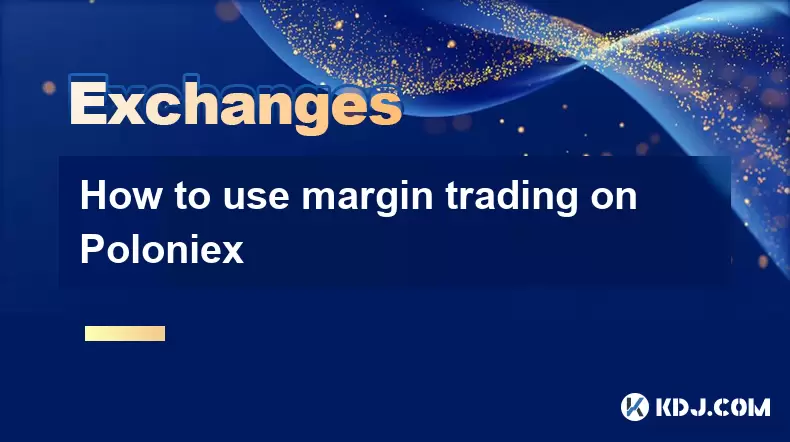
How to use margin trading on Poloniex
Aug 08,2025 at 09:50am
Understanding Margin Trading on Poloniex
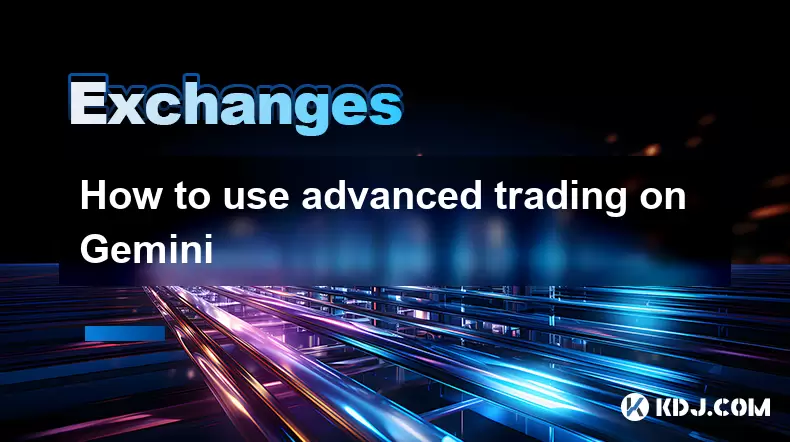
How to use advanced trading on Gemini
Aug 08,2025 at 04:07am
Understanding Advanced Trading on GeminiAdvanced trading on Gemini refers to a suite of tools and order types designed for experienced traders who wan...
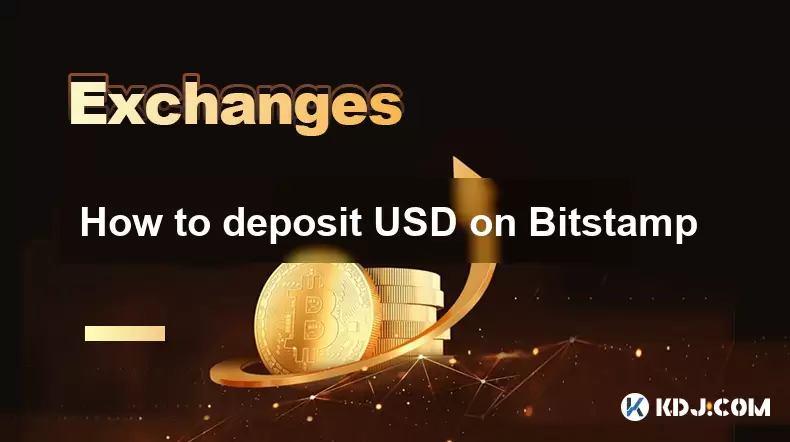
How to deposit USD on Bitstamp
Aug 07,2025 at 05:18pm
Understanding Bitstamp and USD DepositsBitstamp is one of the longest-standing cryptocurrency exchanges in the industry, offering users the ability to...
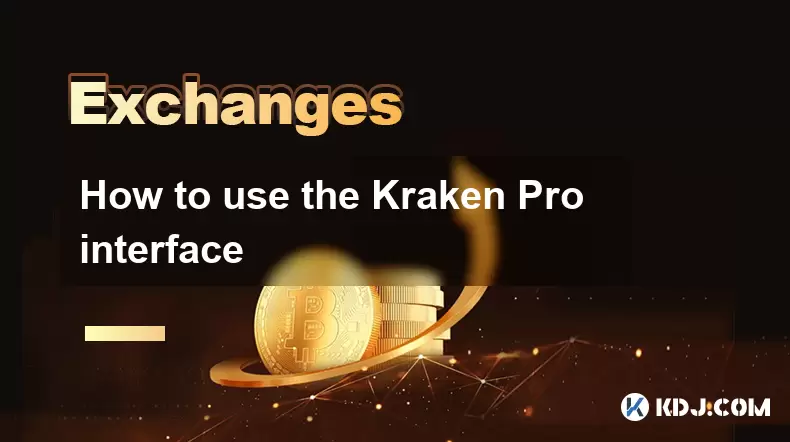
How to use the Kraken Pro interface
Aug 08,2025 at 09:57am
Understanding the Kraken Pro Interface LayoutThe Kraken Pro interface is designed for both novice and experienced traders seeking a streamlined experi...
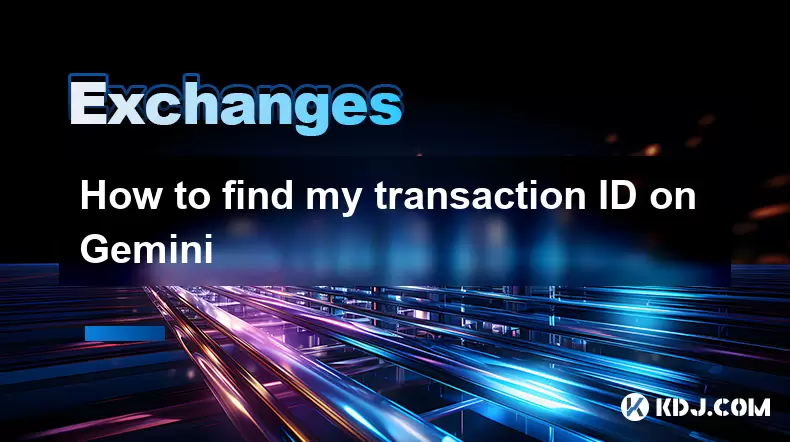
How to find my transaction ID on Gemini
Aug 08,2025 at 12:50am
Understanding the Transaction ID in Cryptocurrency ExchangesA transaction ID (TXID) is a unique alphanumeric string that identifies a specific transfe...
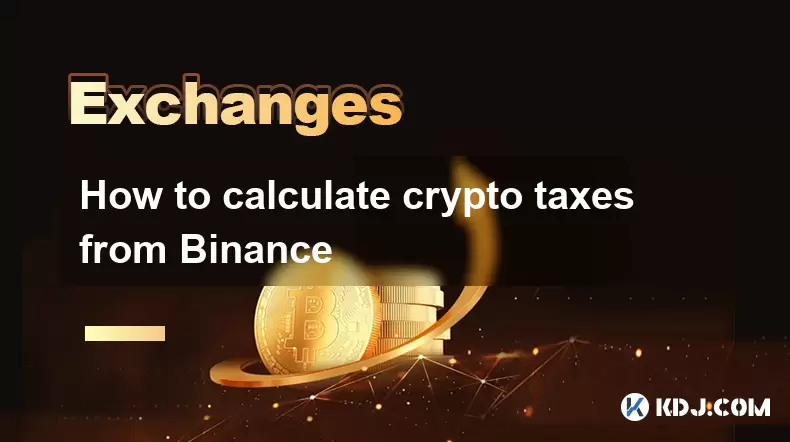
How to calculate crypto taxes from Binance
Aug 08,2025 at 07:56am
Understanding Cryptocurrency Taxation on BinanceCalculating crypto taxes from Binance requires a clear understanding of how tax authorities classify d...

How to use margin trading on Poloniex
Aug 08,2025 at 09:50am
Understanding Margin Trading on Poloniex

How to use advanced trading on Gemini
Aug 08,2025 at 04:07am
Understanding Advanced Trading on GeminiAdvanced trading on Gemini refers to a suite of tools and order types designed for experienced traders who wan...

How to deposit USD on Bitstamp
Aug 07,2025 at 05:18pm
Understanding Bitstamp and USD DepositsBitstamp is one of the longest-standing cryptocurrency exchanges in the industry, offering users the ability to...

How to use the Kraken Pro interface
Aug 08,2025 at 09:57am
Understanding the Kraken Pro Interface LayoutThe Kraken Pro interface is designed for both novice and experienced traders seeking a streamlined experi...

How to find my transaction ID on Gemini
Aug 08,2025 at 12:50am
Understanding the Transaction ID in Cryptocurrency ExchangesA transaction ID (TXID) is a unique alphanumeric string that identifies a specific transfe...

How to calculate crypto taxes from Binance
Aug 08,2025 at 07:56am
Understanding Cryptocurrency Taxation on BinanceCalculating crypto taxes from Binance requires a clear understanding of how tax authorities classify d...
See all articles

























































































